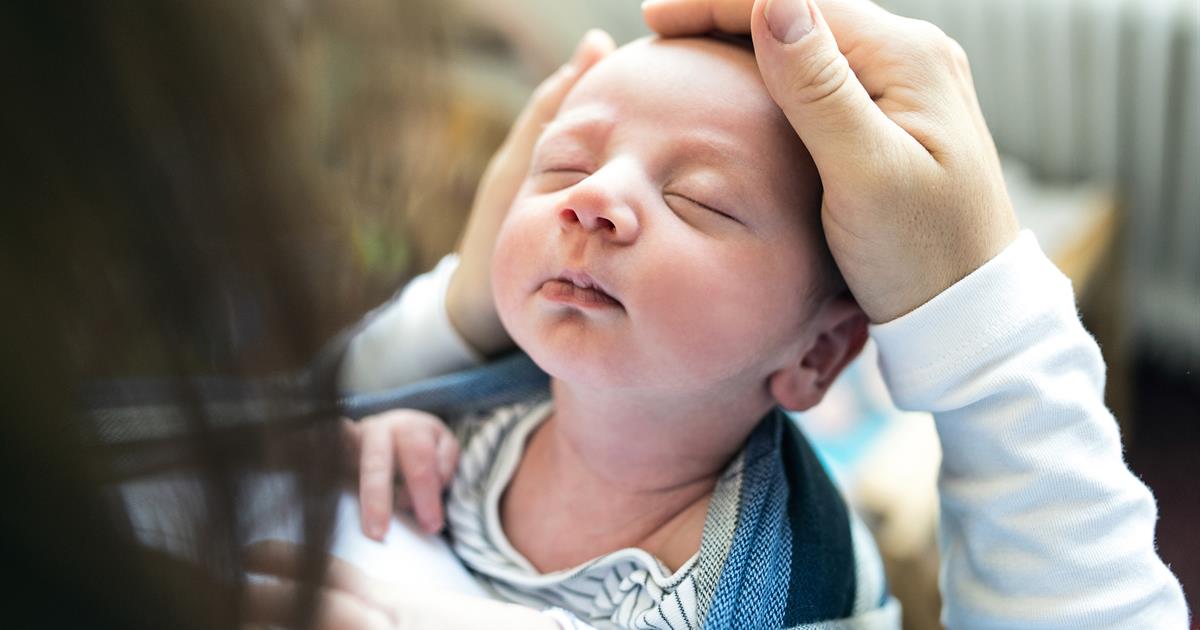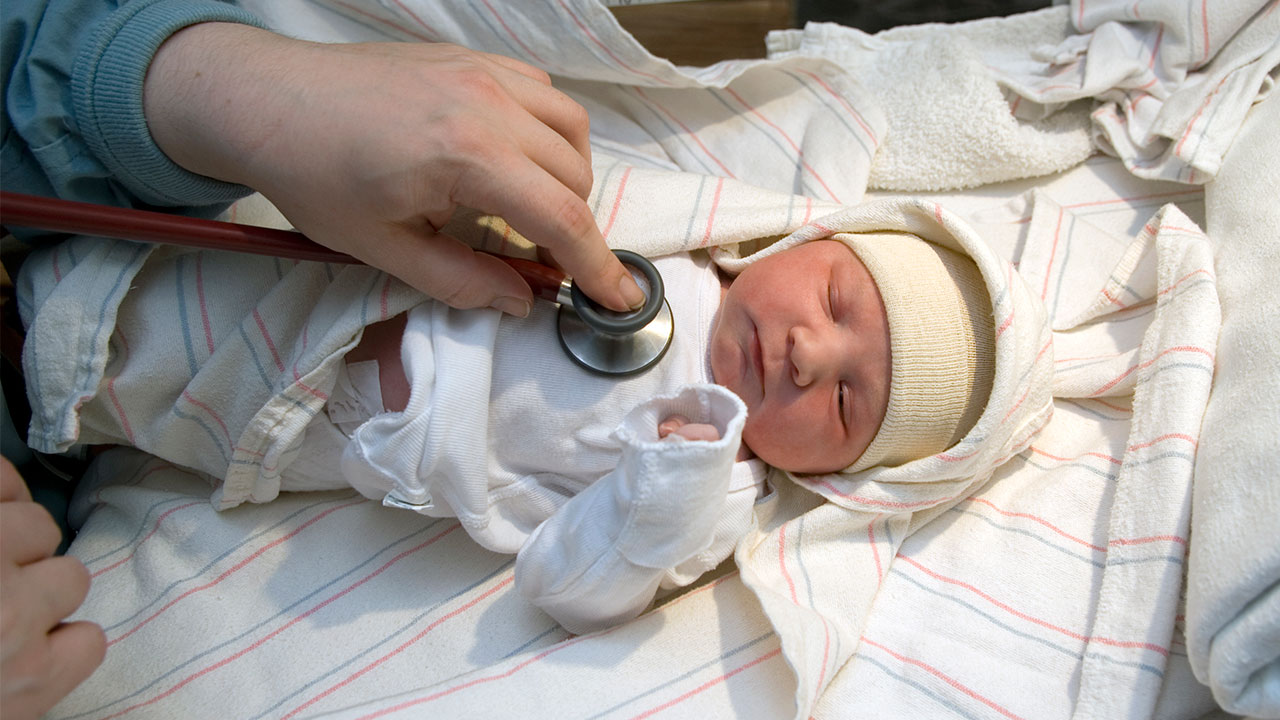Living with a newborn comes with a learning curve. Whether you’re a first-time parent or have been around the block a few times, each baby is different. Every newborn has its own health issues and quirks, making it hard to know what to expect when you’re getting ready to welcome them into your life. No matter how experienced you are, your baby’s health is bound to be one of your main worries. While each baby is unique, there are a few overlying health problems you can watch out for in your newborn.
Skin Conditions

source: pinterest.com
The first common health issue in many newborns is various skin conditions. Many new babies will come out of the womb with minor skin issues. Birth isn’t an easy feat for anyone, baby included. While some irritation can be expected, persisting issues should be brought up with a doctor. One such issue is jaundice. While a little bit of skin yellowness is standard after birth while the baby adjusts to natural light, residual skin tint or worsening conditions are cause for concern. If your baby has a yellow tint a few days after birth, you may want to talk to your pediatrician. They will administer a painless light test at first and a blood test if necessary.
Another common skin condition is cradle cap. Currently, there’s no known cause for cradle cap. Many doctors suspect that it’s caused by hormone surges in the mother before birth or an overabundance of yeast. Whatever the reason may be, the symptoms are the same. Your baby may have oily patches of skin on their head, nose, and groin that almost appear scaly. Before calling your doctor, you should know the difference between cradle cap vs scalp psoriasis. Cradle cap isn’t itchy or bothersome to baby, and will usually go away on its own. If the problem persists, you may want to contact your pediatrician to test for psoriasis or eczema.
Digestive Problems

source: pinterest.com
Another issue many newborns have is digestive problems. New babies aren’t used to physically eating food once they’re born. Whether breastfeeding or bottle feeding, you may see some digestive problems in your little one. The first digestive issue to watch out for is colic. Colic is an umbrella term for multiple digestive issues, such as indigestion, an overabundance of gas, and even food allergies. Because your baby can’t tell you exactly why their tummy doesn’t feel good, they’ll tend to cry and wail uncontrollably. Lucky for us, there are ways to support colicky babies. There are a number of special formulas available on The Milky Box Soothing your newborn or giving them a warm bath can help them feel better. If the problem sticks around, you may want to call a doctor.
Another digestive problem to watch out for is irregular bowel movements. While babies aren’t the most regular poopers, there are some things you can always count on. For the first several weeks of your newborn’s life, their stool should always be loose and brown, yellow, or green. Additionally, your little one’s belly should be relatively squishy when you hold them. If your baby hasn’t pooped in several days and their belly is hard, they could be constipated or overly gassy. While neither of these issues is severe, it wouldn’t hurt to contact your pediatrician for advice.
Breathing Issues

source: pinterest.com
The final type of health problem is the most severe issue your newborn may encounter. Some babies have difficulty breathing after they’re born. While many of these breathing issues are identified at the hospital, there are things you can look out for at home. If your baby turns blue after crying too hard, you may want to keep a close eye on them. It’s not uncommon for little ones to have a bluish tinge in their face after hollering for a while, but it shouldn’t last more than a couple of minutes.
If your baby coughs, grunts, or gags regularly, you may want to contact your pediatrician. Babies often try to eat too fast and choke a bit, but persistent coughing isn’t normal for newborns. If your little one can’t seem to catch their breath or struggles to get a breath out without grunting or coughing, they may have issues with their lungs. It could be something as simple as a cold or a developmental problem. Getting checked out will give you peace of mind.
Parenting a newborn is stressful. By keeping these health issues in mind, you can keep your baby healthy and happy.





